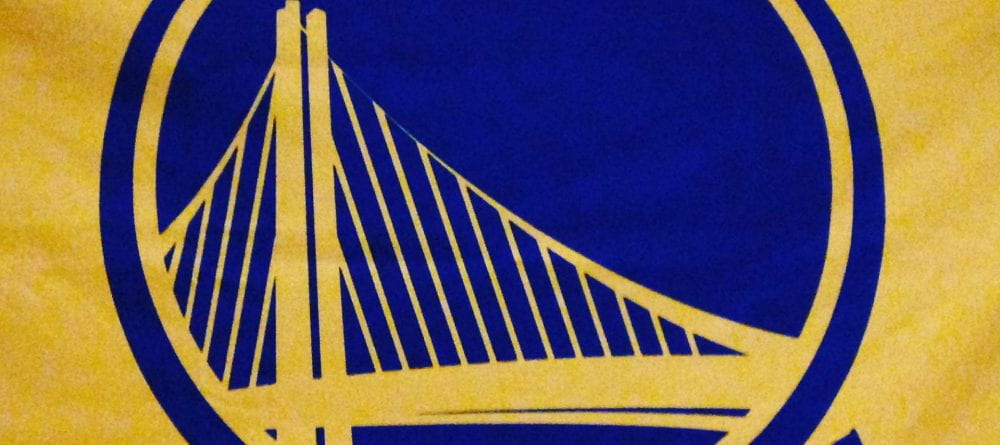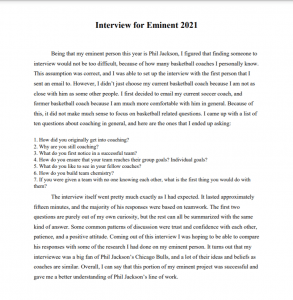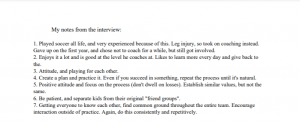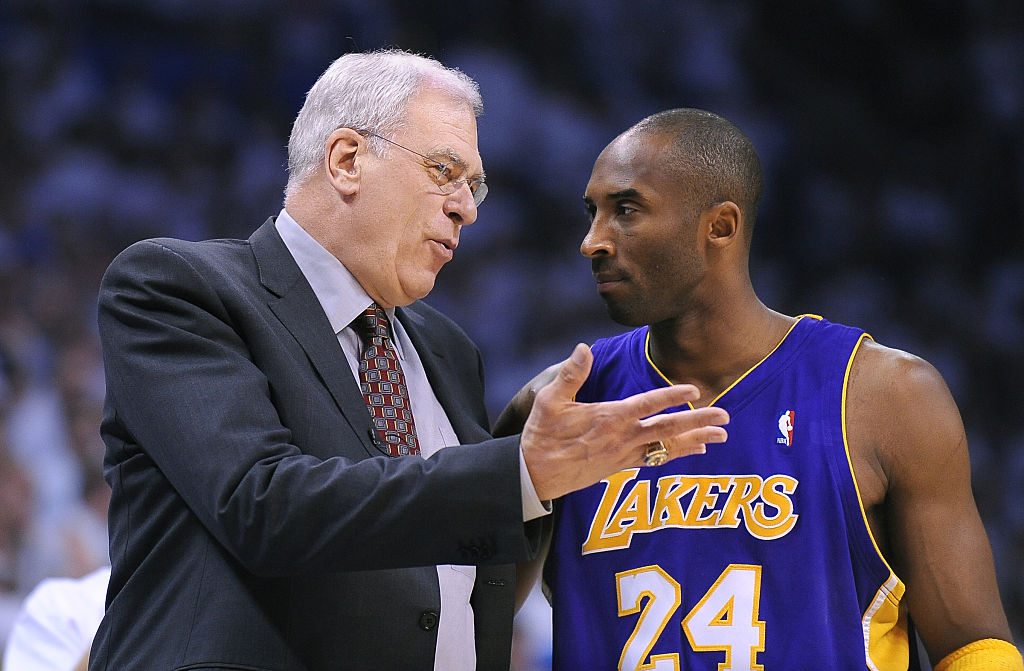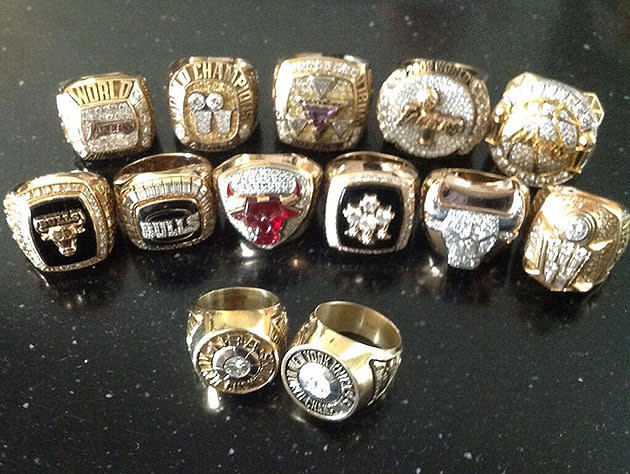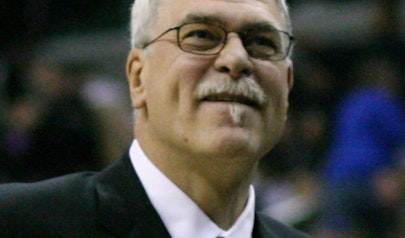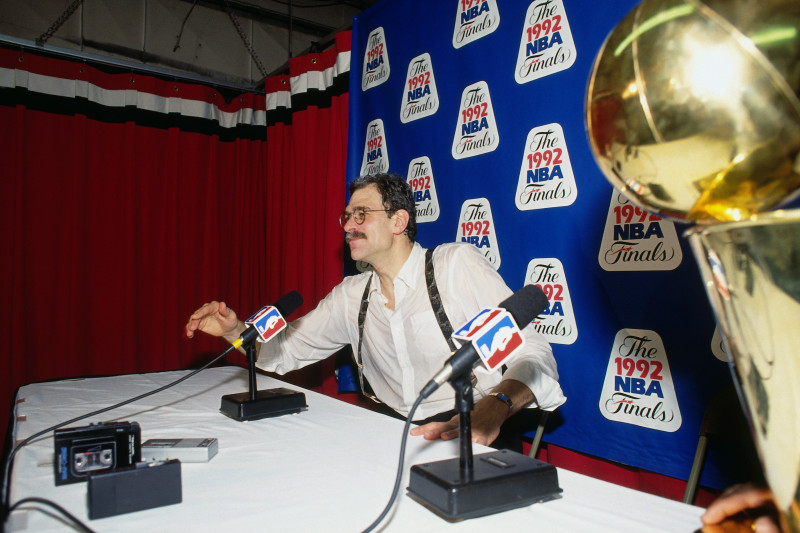“The strength of the team is each individual member. The strength of each member is the team.”
I hope you have had a good evening, my name’s Phil Jackson and I have put together a little blog post to teach you about myself, and a brief history of my accomplishments. I’m not too good with technology, but I hope that you at least learn something useful, and leave here inspired to achieve your own goals. Links to some separate sections such as specific achievements and a timeline of my life are scattered throughout this presentation. Thanks again for stopping by, and make sure to visit my fellow eminent people as well.
Eminence
This is the main body of the paragraph, where I’ll share an overview of why I am considered eminent in my field. Here you’ll also access the links to a few other sections which I’m sure you’ll find both intriguing and informative.
As you may already know, I am known for my time as a coach with the Chicago Bulls and the Los Angeles Lakers in the National Basketball Association (NBA). Many consider me to be the most successful and even the most influential coach of all of basketball. My most notable work is with Michael Jordan, alongside other amazing players like Kobe Bryant, and Scottie Pippen. However, everyone starts somewhere, and there are a lot of noteworthy events that took place in the early stages of my career, leading up to where I have got to. For a more detailed timeline of my career, please click here. Needless to say, I’ve impacted the league in more ways than just what most people know me for.
Everything that I said above sounds great, but you don’t have to just take my word for it. The many of my awards that I have accumulated over the years might help you get a better perspective of how significant my accomplishments really are. If you are interested in more specific descriptions of my most notable achievements, please click here. If you weren’t alive around my prime years of coaching, then you most likely don’t understand what exactly I had to overcome to get to where I am today. In my field of coaching a basketball team, some of the biggest obstacles might be considered other teams. This absolutely holds true for my case, like with the Houston Rockets, Utah Jazz, and most notably, the Detroit Pistons. All of these teams including my Chicago Bulls were simultaneously fighting to be the best of the 1990s. My team was able to come out with 6 championships over the course of the decade, which I believe is one of the most impressive feats done by a coach to date.
If there’s one thing that I want you to take from all of this information, it’s that my demographic of influence is not just a single group of people like other coaches or the players that I coached. My work inspires all that share one small thing in common, the love of basketball. On top of that, my influence on the basketball community is still relevant to this day, even people that weren’t even alive during my time. For example, feel free to check out this project about me done by a high school kid here. Another example of my work still being relevant is the Netflix documentary that some of you have probably heard of called “The Last Dance”, which is mostly about what I discussed in the previous paragraph. This documentary only came out last year and is what taught a lot of people about my legacy for the first time.
Test Your Own Knowledge
Below you’ll be given a few dilemmas that will give you a little bit of insight into the mind of a coach. Answer to the best of your ability, and see if you have what it takes to become the next NBA champion.
- Which do you believe is generally more important for a team; developing individual skills or teamwork?
- Based on your previous answer, how would you develop the team; through practicing or by showing them examples?
- You are approaching the final game of the season, and it’s a really important one; would you have a tough training session the day before or give your team a rest?
Keep in mind that all of these are situational and can change depending on who is coaching. There is not necessarily a right or wrong answer for any of these, just what is generally agreed upon.
Resources
While writing about myself, I came across several amazing resources that helped refresh my memory of events that took place years ago. If anything that you have read in this presentation interests you, I recommended taking a look at some of the work that other people have done on me below.
Bailey, A. (2020, July 22). Ranking the 10 Best NBA Teams of the 1990s. Bleacherreport.com. Retrieved from: https://bleacherreport.com/articles/2899881-ranking-the-10-best-nba-teams-of-the-1990s
Very similar to the last resource on this list, the article above by Bleacher Report is very specific in contrast to most of the other ones. If you are interested in my area at all, then this is a good article to quickly check out.
Espn.com. (2007, September 7). Phil Jackson: Zen Master timeline. Espn.com. Retrieved from: https://www.espn.com/nba/news/story?page=PhilJackson-Timeline
This article by ESPN does a great job summarizing the most important events throughout my career and is what the Canva timeline you may have looked at earlier is based on. Whether you want to see the big picture or the specifics, this is a good resource for everyone who is looking for a general overview.
Goodreads.com. Phil Jackson > Quotes. Goodreads.com. Retrieved from: https://www.goodreads.com/author/quotes/2853.Phil_Jackson
This Goodreads section is a massive library for all kinds of my own quotes uploaded by random internet users. Not much else to say about it.
Logan, R. (2009 – 2021). Phil Jackson. Britannica.com. Retrieved from: https://www.britannica.com/biography/Phil-Jackson
This is another article with very basic information if you are new to me or this field. In fact, if there were some parts of what you learned here that didn’t quite make sense to you, Britannica will most likely have the information you need.
Szewczyk, D. (2011, May 9). Kobe Bryant, Michael Jordan and the 25 Greates Players to Play For Phil Jackson. Bleacherreport.com. Retrieved from: https://bleacherreport.com/articles/690996-25-greatest-players-under-phil-jackson
This final article is a very interesting one, and much less broad than the previous three. It helped me get the statistic of how many Hall of Fame players I have coached, but other than that, most of the information here was not used for this presentation. I encourage you to take a look if this kind of thing interests you.
If you have made it all the way to the end of this presentation, thank you for showing your interest in my rollercoaster of a career. Once again, I hope you have learned something from this, and wish you a great rest of your evening. Also, please leave a comment if you have any other questions, or just want to give some feedback.
Thank you, Phil Jackson
